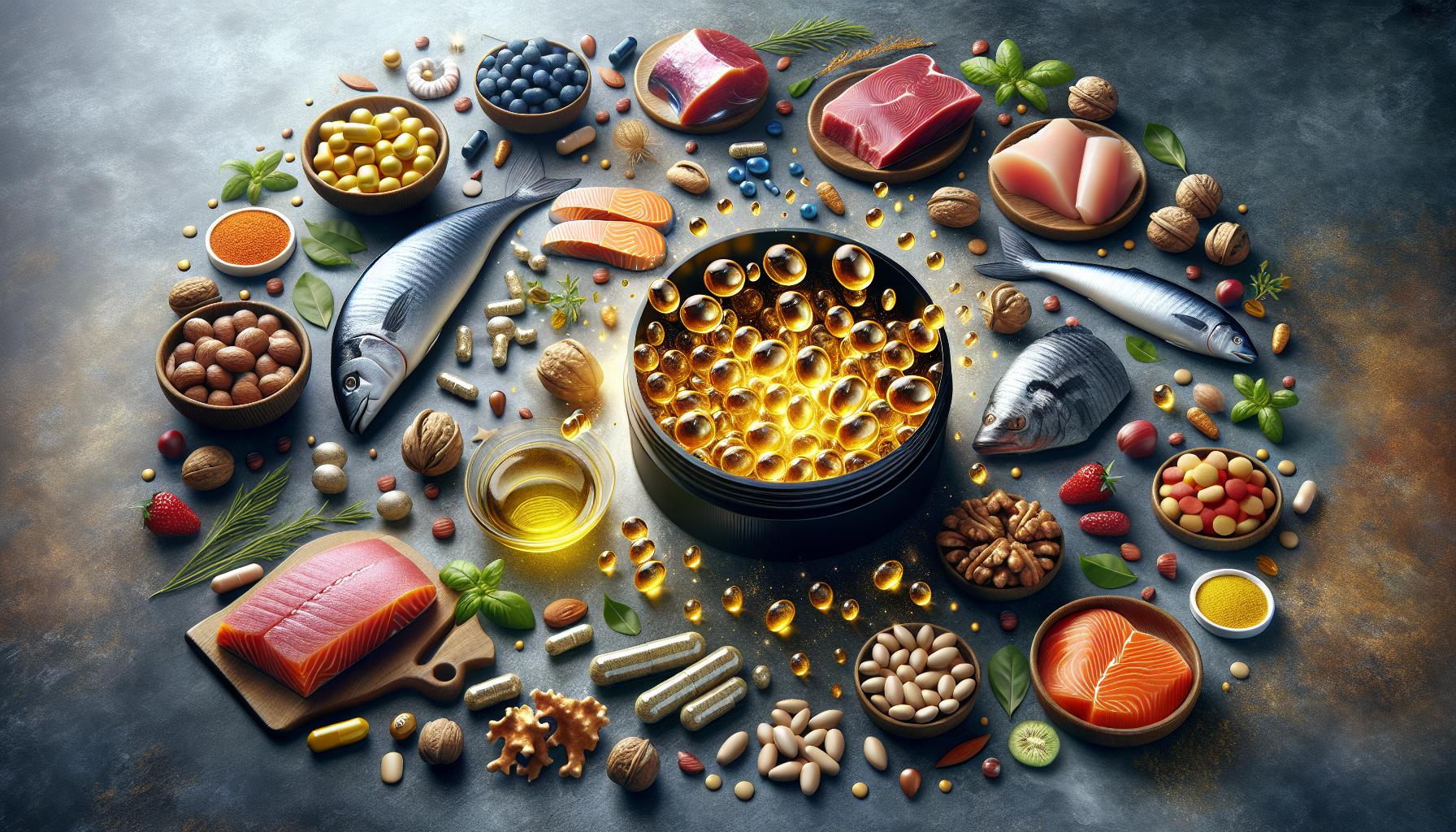
Uncloaking the CoQ10 Enigma: Where does it Occur Naturally?
Commencing our quest on the wonder called CoQ10 or Coenzyme Q10, we do encounter a puzzling question – where does CoQ10 occur naturally? Well, to answer succinctly, you’ll find CoQ10 in various foods including meat, fish, and whole grains. Yet, it’s more than just a straightforward answer. It’s about delving into the fascinating world of CoQ10, tracing its abode in our bodies, and foods rich in this compound. So sit tight as we embark on this captivating journey!
CoQ10: The Cellular Fuel
Essentially, CoQ10 performs the quintessential role of an energy booster in our bodies. It equips our cells with the energy they need to function optimally. It’s primarily found in the mitochondria – the powerhouse of our cells, where it plays a vital role in producing ATP, the form of energy that our cells utilize. Essentially, CoQ10 is our body’s dynamo, constantly churning out energy to ensure our bodies work like a well-oiled machine.
Echoes of CoQ10 in our Bodies
While CoQ10 is produced naturally in our bodies, it’s rather intriguing to know that certain organs with higher energy needs possess a higher concentration of this potent coenzyme. These include the heart, liver, and kidney – vital organs with immense energy needs.
Tracing CoQ10 in Foods
Moving away from the bodily production of CoQ10, let’s set our sights on the intake of this coenzyme through our diet. When it comes to foods, meat reigns as the coq of the walk! Beef, chicken, and pork are lavish sources of CoQ10.
Into the Aquatic Realm
Unfurling the aquatic treasure chest, we find that fish like sardines and mackerel are oozing with CoQ10. With their abundant fish oil content, they serve as a healthy means to up your CoQ10 levels.
Plant Sources of CoQ10
Going green, CoQ10 is also found in plant-based sources, albeit in lower quantities. Cauliflower, spinach, and broccoli are generous givers of CoQ10.
Adventure into the World of Grains
Unraveling the grainy story of coenzyme’s existence, whole grains do step into the limelight. They not only enhance your CoQ10 levels but also extend their goodwill through dietary fiber and other vital nutrients.
CoQ10: More than meets the Eye
Wrapping up our expedition, it’s important to appreciate that CoQ10 is not just about energy. It’s also an antioxidant powerhouse negating harmful free radicals in our bodies and offering a myriad of health benefits, including heart health and boosting brain function.
The CoQ10 Conundrum
While CoQ10 occurs naturally in our bodies and foods, its levels tend to dip with age and certain health conditions. Hence, supplements present themselves as a palatable option to maintain optimal levels. However, ensure to consult a healthcare professional before adding them to your regime.
Conclusion
From the depths of our cells to the vast diversity of our diet, CoQ10 punctuates our lives with its energy-boosting and antioxidant benefits. Integrating foods rich in this potent coenzyme can be a beneficial step towards a healthier life.
Frequently Asked Questions
1. What are some good food sources of CoQ10?
Some excellent food sources include meats like beef, chicken, fish like sardines, and plant-based sources such as spinach, broccoli, and cauliflower.
2. Can CoQ10 be taken as a supplement?
Yes, but it is recommended to consult a healthcare professional before starting any new supplement regimen.
3. Does the body naturally produce CoQ10?
Yes, CoQ10 is naturally made by our bodies and is primarily found in the mitochondria of our cells.
4. Does CoQ10 have any other health benefits other than energy production?
CoQ10 is also a potent antioxidant that fights against damaging free radicals in our bodies. It has been associated with heart health, improved brain function, and more.
5. What happens when CoQ10 levels decrease?
Decreased levels of CoQ10 can impact your energy levels and can also affect the functioning of vital organs like the heart that require a high amount of energy.



